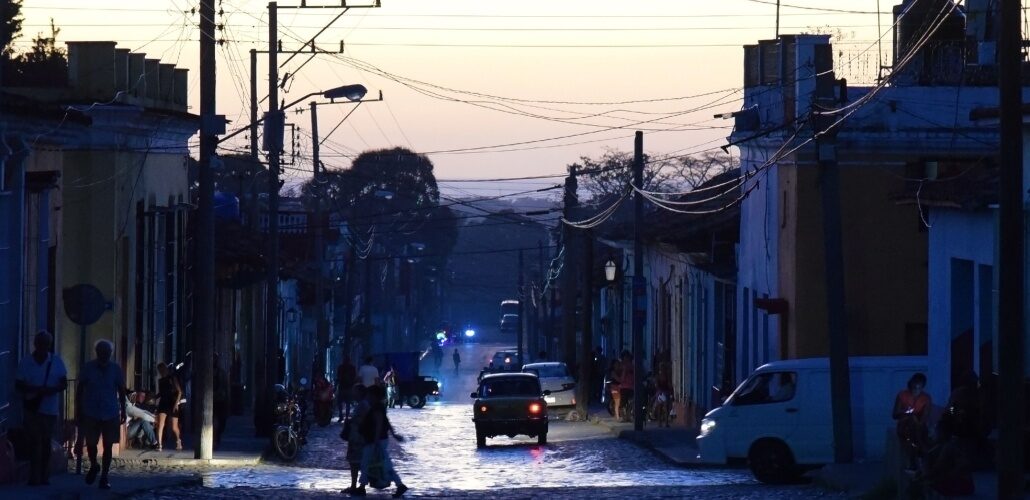Nationwide blackout hits Cuba
Cuba’s struggling grid collapsed on Wednesday, leaving millions in the dark.

Image for illustration purposes. (Image credit: Rosen Ivanov Iliev/Shutterstock.com)
Cuba, Havana: Cuba was generating only enough electricity to cover about 1/6th of peak demand late on Wednesday, hours after its national grid collapsed leaving millions without power. The National Electric Union (UNE) was producing 533 MW of electricity by evening, a fraction of typical dinnertime demand of between 3000 and 3200 MW, leaving most Cubans in the dark. The government earlier said it would prioritize returning power to hospitals and water pumping facilities. Schools and non-essential government services were closed until further notice. Power returned across parts of Havana late on Wednesday to over 260000 clients.
This was the latest in a string of nationwide blackouts of Cuba’s antiquated and frail power generation system. The grid fell into disarray this year, stressed by fuel shortages, natural disaster, and economic crisis. Declining oil imports from Venezuela, Russia and Mexico pushed oil-fired power plants into full crisis. Hours-long rolling blackouts and shortages of food, medicine and water have made life increasingly unbearable for many Cubans. Cuba blames the crisis on U.S. sanctions, which complicate financial transactions and the purchase of fuel.
The Wednesday blackout was caused by a failure at the Antonio Guiteras power plant in Matanzas, Cuba’s top electricity producer, which shut down at around 2 a.m. local time. Several other major power plants were undergoing maintenance and were offline at the time, leading to the collapse.
Protests have erupted over the past two months over the repeated power failures and water, gas, and food shortages. The country’s grid collapsed several times in October as fuel supplies dwindled and Hurricane Oscar and Hurricane Rafael struck. The government issued a decree last week ordering state and private businesses to generate more of their own electricity from renewable resources and requiring businesses to limit the use of air conditioning.
Source: Reuters





